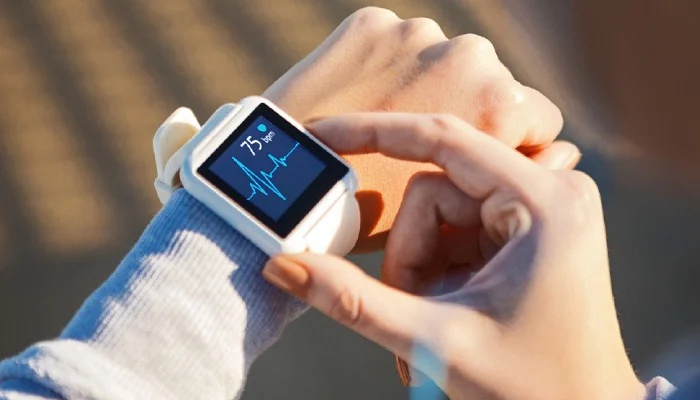Smartwatches are considered as one of the most significant way to keep check on real-time health monitoring.
As per BBC, CHUV University Hospital, Patrick Schoettker and his colleagues are conducting a trial that involves giving patients a smartwatch called the Masimo W1 in advance of their pre-operative consultation.
The data that has been collected is then used to understand the condition of their health.
The W1 provides continuous readings of heart rate, respiration rate, blood oxygen, pulse rate and hydration levels.
If the person does experience any symptoms they can simply press a button to obtain an electrocardiogram (ECG) which easily records the activity of the heart.
Schoettker says, “We plan to use this pre-operatively acquired data to predict possible pre or postoperative complications and act on them in a preventative way.”
Now, analysts are predicting that more than 400 million devices will be sold worldwide by 2027.
Gosia Wamil, a consultant cardiologist at Mayo Clinic Healthcare in London said, “More and more patients are willing to use their smartwatches to acquire some data, and then bring the printouts and results to us. And then we can investigate further and confirm those abnormalities.”
Often the patient becomes a victim of serious diseases because the disease remains undetected.
“In cardiology clinics, we see patients who complain of palpitations, and we used to have those tapes which we could stick on their chest and record their ECG over 24 hours,” says Wamil.
Patients may not have symptoms during those 24 hours but with these smartwatches they can easily monitor their health.







